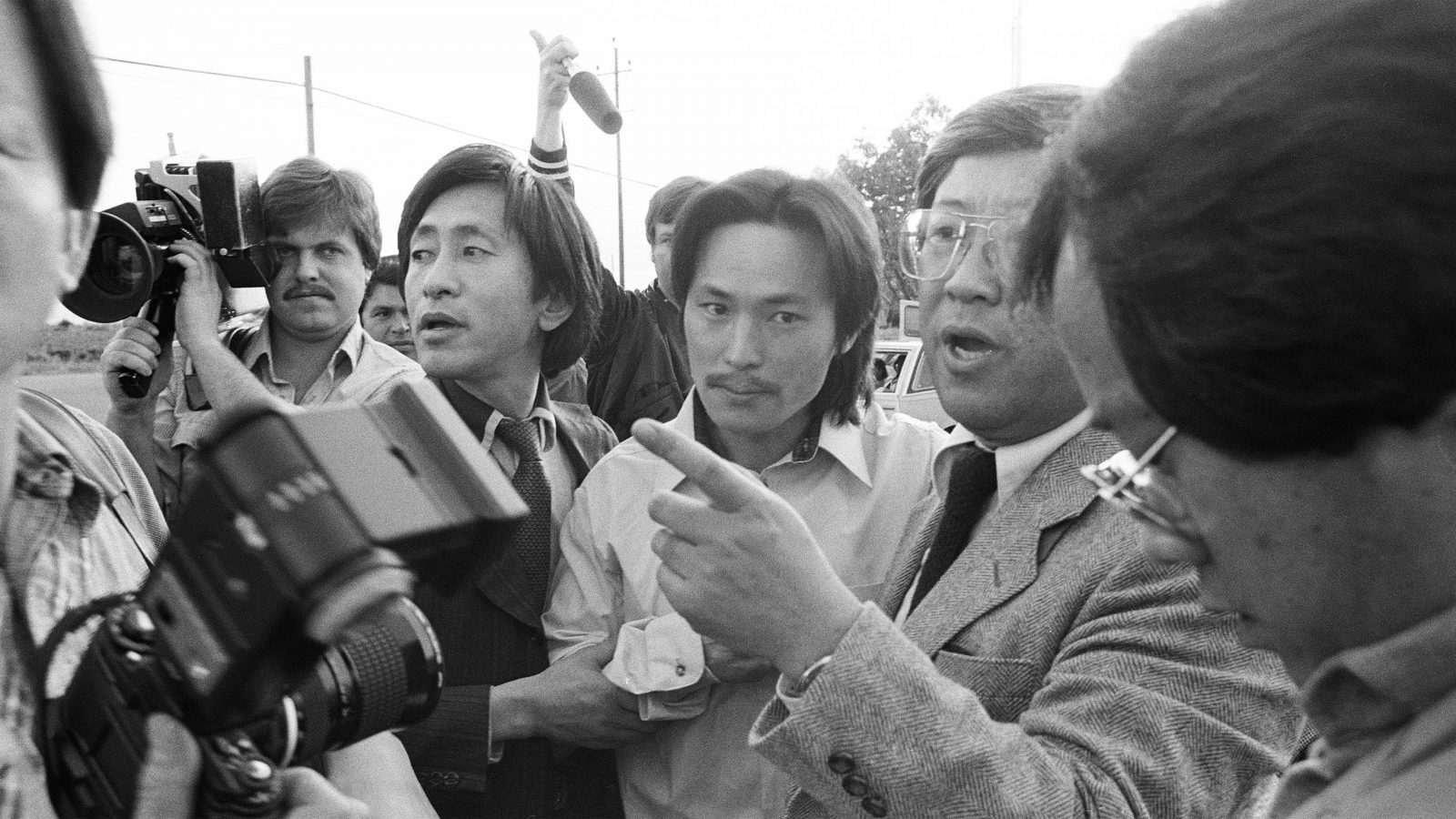Free Chol Soo Lee Review

Even before being jailed for a murder he did not commit, Chol Soo Lee’s life had been a battle. His birth the result of a rape, he lived his first years in his native Korea in poverty with extended family. He was poor but happy enough, until his ostracized mother returned to take him back with her to the Chinatown in San Francisco. With no real infrastructure in place there in the 1960s to teach Korean kids English, Lee’s inability to communicate left him isolated and frustrated. That led to a small acting out, and that led to a stint in Juvenile Hall. After he was released, he drifted around the seedier parts of Chinatown – still lonely, still struggling to communicate.
This background information is only delivered a considerable way into Free Chol Soo Lee however; the documentary more or less opens with Lee unfairly behind bars at the age of 21. Thanks to legendary Korean journalist K.W. Lee, the injustice of his situation would catch the eye of the wider Asian-American community, and Lee soon became a figurehead. But whilst that was all happening outside the prison walls, within them life was still a deadly daily struggle. A few years into his term, he had a new charge on his hands for killing a fellow prisoner (in self defense).
There is just one real problem with Free Chol Soo Lee, but it’s a big one: filmmakers Julie Ha and Eugene Yi cannot corral the various facets of their subject’s complicated life into a coherent narrative. As the film dips and dives between the two killings with which he was charged, the effect his case had on the wider Asian-American community, his difficult upbringing, the traumatic effect of prison life on his mental health, and the intense burden of being an icon for so many, it becomes exasperatingly scattershot.
In a way it’s understandable – 83 minutes is just not enough time to tell this story properly – but it’s often hard to tell why Ha and Yi choose to withhold the information they do when they do. Straight off the bat, we’re told next to nothing about why the initial arrest is so unjust, only that it is, which leaves us in a state of suspended animation until they deign to give us the details we really could have done with from the outset. The legal situation gets even harder to follow after the second killing has occurred; it’s never a good sign when a person’s Wikipedia page offers more clarity about their lives than a feature-length documentary. Still, a poignant coda does go some way towards connecting the multifarious themes into something tragically cogent.
Chol Soo Lee is such a fascinating figure that – to some extent at least – any documentary about him is director-proof, and the film certainly benefits from access to his personal writings (narrated by Sebastian Yoon) and plenty of archival footage of Lee himself. A deeply charismatic man who wore his pain very close to the surface, the times we get to hear him tell his story with his own words make it worth putting up with the other narrative frustrations here.
★★★


